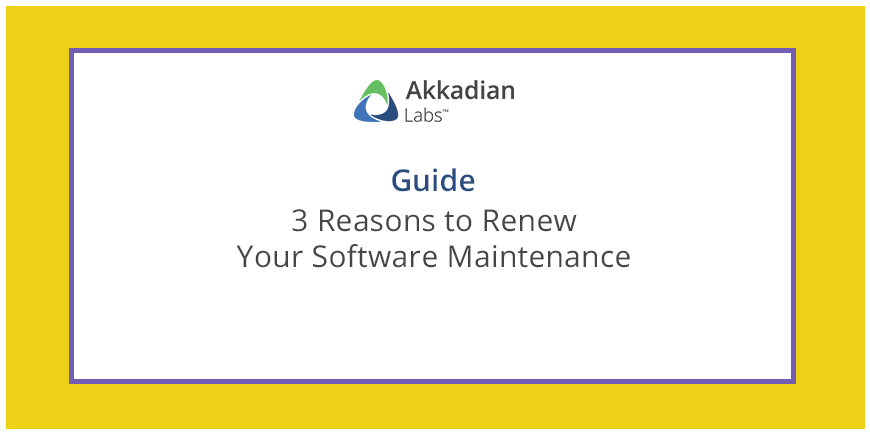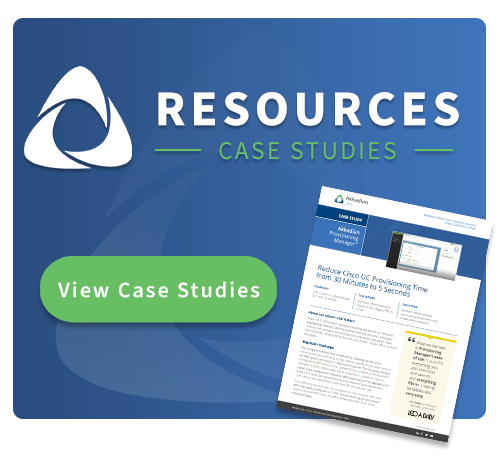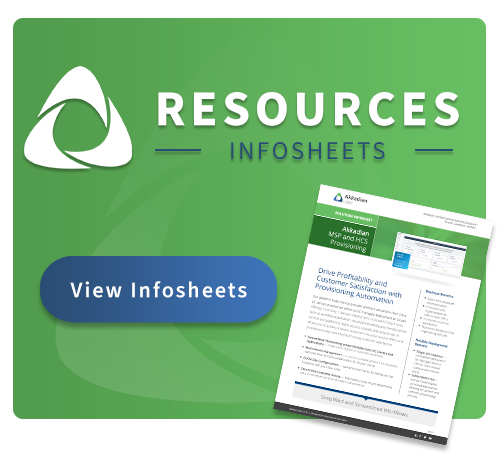Software Maintenance Agreement Explained
Typically, an enterprise software maintenance agreement includes services, support and updates within a specified time frame (just like your Cisco support renew). Probably the most common way to license software is the perpetual model where the maintenance agreement is paid up-front. In this model, the license, theoretically, should run forever. But in the real world, things break down, trouble tickets will need to be opened, and once in a while, a little hand-holding is just what the doctor ordered. As long as you’re still within the time-frame covered by the maintenance agreement in the contract, the last sentence will be no problem for you. Software vendors are unique in that they typically focus on developing a new product or two, while continuing to support and improve upon an already “generally available” or GA product. While a value added reseller (VAR) or system integrator (SI) partner is focused on consulting, designing and implementing an overall solution to meet a company’s business needs, the independent software vendor (ISV) is laser-focused on making great software that does a specific thing or two exceedingly well. Top VARs and SIs will always know who the best ISVs are, and will rely on them to provide value to their clients, who may be enduring a very specific pain that requires an immediate fix that will scale and continue to evolve as the complexity of their enterprise’s infrastructure matures with the market.Top 3 reasons to renew
While it is completely understood to want to save your company money by skipping the upcoming annual maintenance renewal on that software you purchased last year from Cumquat Software Company (made-up name), I highly urge you to reconsider an annual software maintenance agreement, and here’s why.1. You will need technical support.
No software solution is perfect, and the ability to open a trouble ticket with the folks who made and are most familiar with the software is critical. Consider the down time, the blind troubleshooting, and frustration that could result from not having an expert to lean on. Moreover, there is the time spent away from revenue-generating activities. Sometimes, the few dollars you put toward re-upping your maintenance contract will pay for itself upon the first opened ticket.
2. You will want to remain current.
Feature xyz may not have been in the version of the product you purchased 6 months ago, but it will be in the upcoming release scheduled for next week. As long as you have renewed your maintenance agreement, you should be able to upgrade easily to the new version. Now, you may leverage that new feature you’ve been waiting to see. You don’t want to fall behind the competition because you are manually performing a task that your current investment could perform for you, just because you couldn’t download the update.
3. You may want to reinstall on a rebuilt PC.
When your maintenance contract is current, you will be able to reinstall the purchased software, at the version you were running, or at the current version (which may be several releases ahead of where you were). There is flexibility there, and the choice is yours. If you didn’t renew your maintenance contract, you’re dead in the water; the license you wiped from your PC is no longer associated with a machine.




